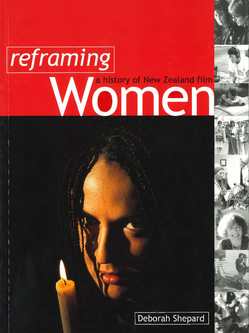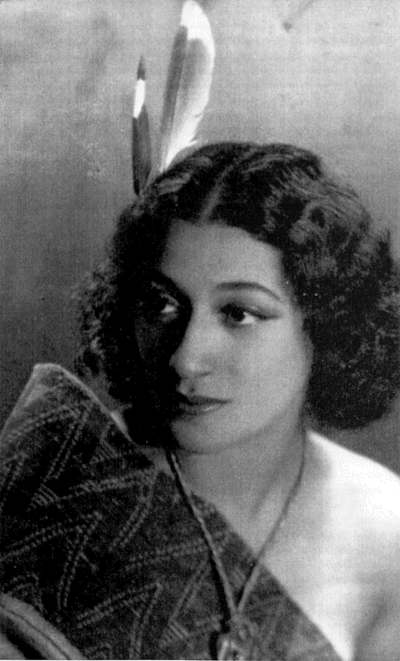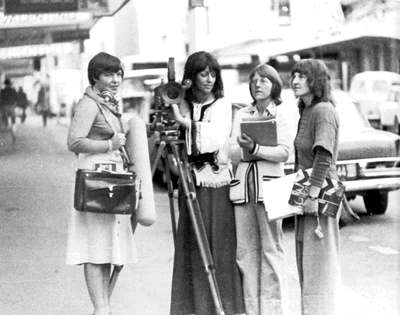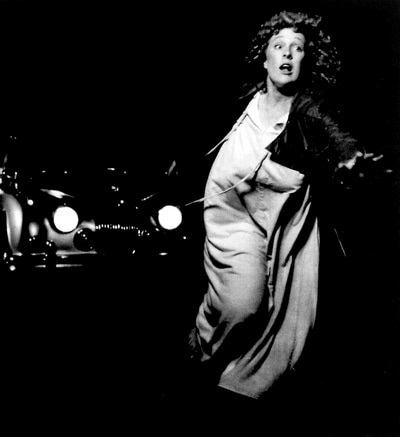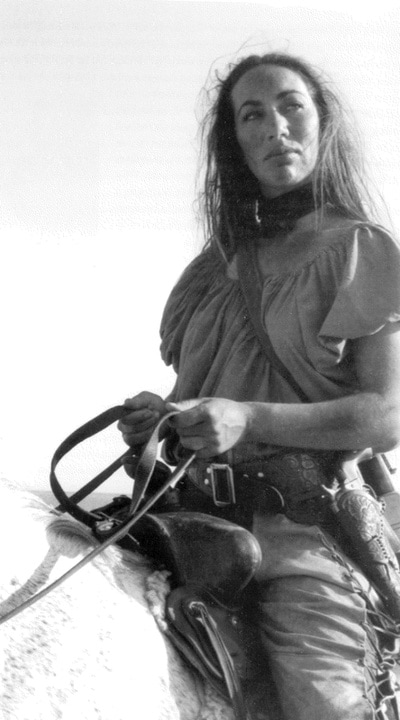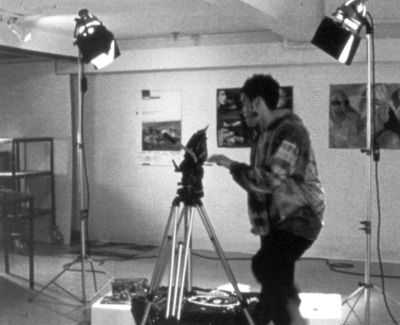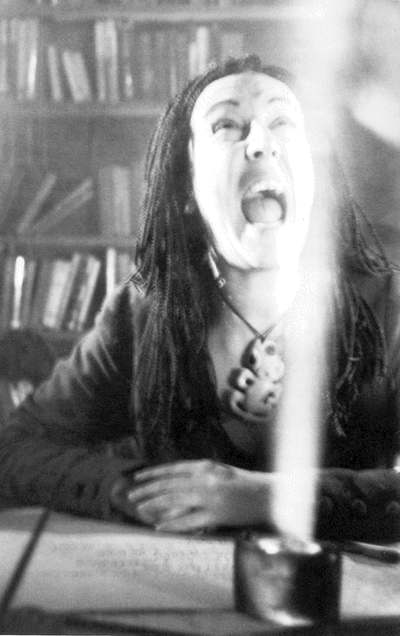|
Deborah's first book Reframing Women: A History of New Zealand Film, evolved out of her PhD thesis, written in Auckland University’s Department of Film, TV and Media Studies. The book was long-listed in the UK Kraszna-Krausz Moving Image Book Awards for leading books published in the fields of photography and the moving image. The interviews with 61 film practitioners including directors, writers, producers, editors, actors, designers, composers and camera people are stored in an oral history collection at the New Zealand Film Archive. Deborah has lectured in The University of Auckland’s Film, TV and Media Studies Department and curated the film section of Wellington City Gallery’s film festival and art exhibition alter/image: feminism and representation in New Zealand art 1973-1993, to celebrate the centenary of women’s suffrage. She has written various entries on women filmmakers for the Dictionary of New Zealand Biography and the Paris Le Dictionnaire Des Creatrices Les Editions Des Femmes and in 2011 contributed to the Retrospective of the work of film director Gaylene Preston at a weekend symposium at the Museum of New Zealand Te Papa Tongarewa. Deborah's catalogue essay, 'A decent sense of outrage: Gaylene Preston Film Director' can be read here.
|
Reviews of Reframing Women
Illusions, Anne Hardy
It is attitudes such as these, which overlook the input provided by others while implying that film-making in New Zealand is properly the province of individual male heroes, that Deborah Shepard’ important new book, a chronological study of the history of New Zealand women’s involvement in film, sets out to challenge.
It is attitudes such as these, which overlook the input provided by others while implying that film-making in New Zealand is properly the province of individual male heroes, that Deborah Shepard’ important new book, a chronological study of the history of New Zealand women’s involvement in film, sets out to challenge.
New Zealand Books, Nicholas Reid
Shepard gives us a very full survey of all the women who have made films or worked on films in New Zealand. It is judiciously illustrated with apt photographs (they all have the merit of representing films that are actually discussed on the same page). It concludes with a very comprehensive filmography of all the film makers discussed. Obviously it is going to be a standard reference book and textbook for some years to come.
Shepard gives us a very full survey of all the women who have made films or worked on films in New Zealand. It is judiciously illustrated with apt photographs (they all have the merit of representing films that are actually discussed on the same page). It concludes with a very comprehensive filmography of all the film makers discussed. Obviously it is going to be a standard reference book and textbook for some years to come.
